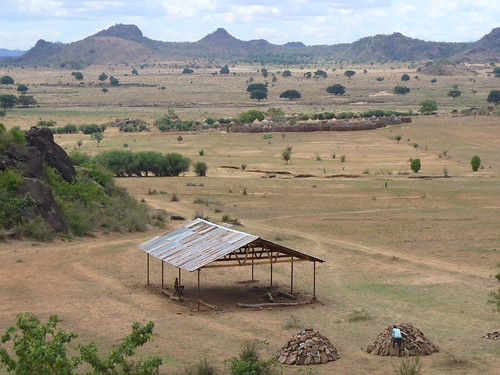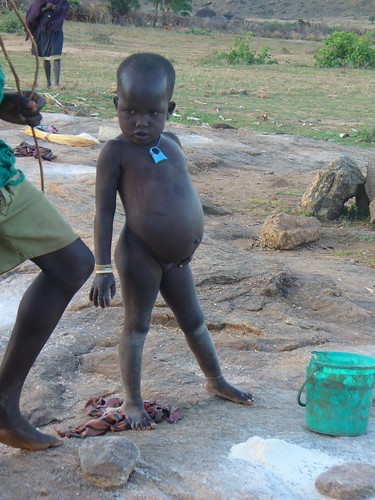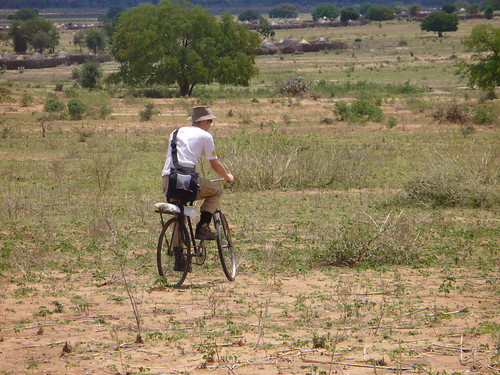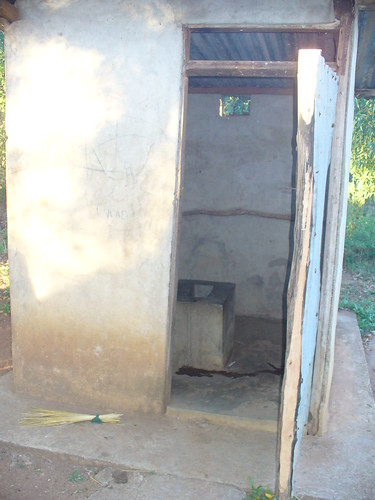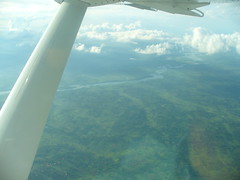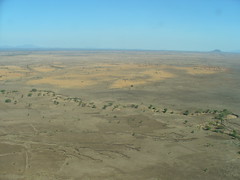This question came up at a recent meeting I attended of the COGS Vision Team. We were discussing how the church positively impacts it's communities, and draws people to Christ.
If you're not a Christian and you're reading this, you may be wondering why this post is on my blog and what relevance it has to you?
The answer is that regardless of what we believe, each of us is (unless you are a hermit) is connected to other people through the communities (online and offline) that we participate in. Be it a book-club, a tennis-club, a Google+ stream or a go-club (or even, dare I suggest it, a church), our communities consist of a variety people who meet together on a regular basis, and some of those people may be Christians. You yourself may not share their belief, but this won't alter the fact that you may have a Christian praying for you, and (if God exists - a big if, I know) their prayers may be having a positive impact on your life.
If you're a Christian reading this, you may now be wondering what this has to do with church?
The answer is that church is not just a meeting that happens on a Sunday (and may well be unintelligible to some), but (especially around the beginnings of Christianity) is something that exists where two or more Christians meet in community.
What I've observed of Christianity so far is that whilst the Sunday service has a purpose and a place, the church best impacts the world and stimulates growth when Christians regularly meet with and serve others in their local communities. Hence communities connected to Christ.
Such communities are characterised by:
- being a mixture of Christians and non-Christians (with generally more of the latter).
- meeting regularly (at least monthly), preferably in a neutral location.
- meeting with a common purpose that benefits the whole community (not just either sub-group identified early).
- allowing and involving the sharing of each members views on life, the universe and everything.











